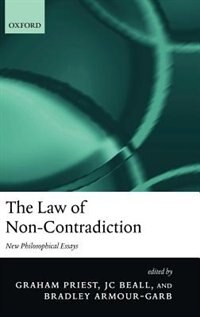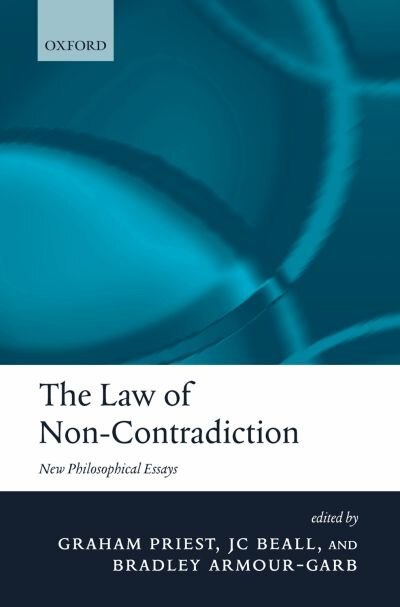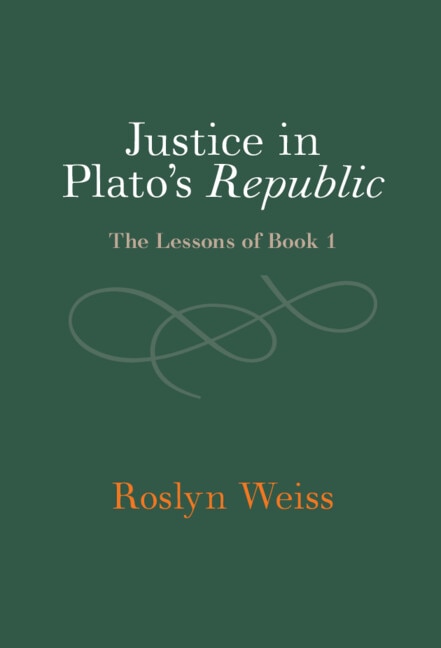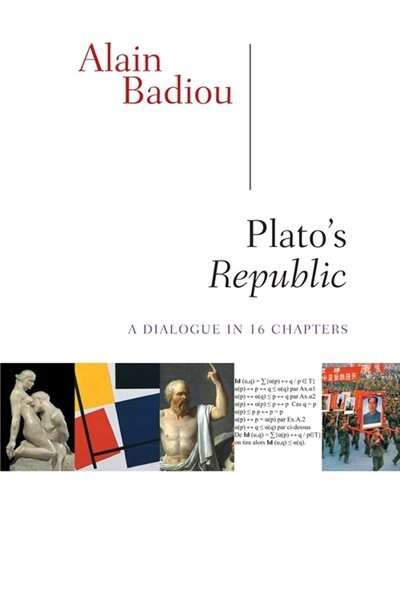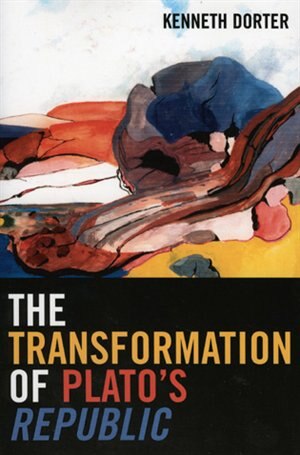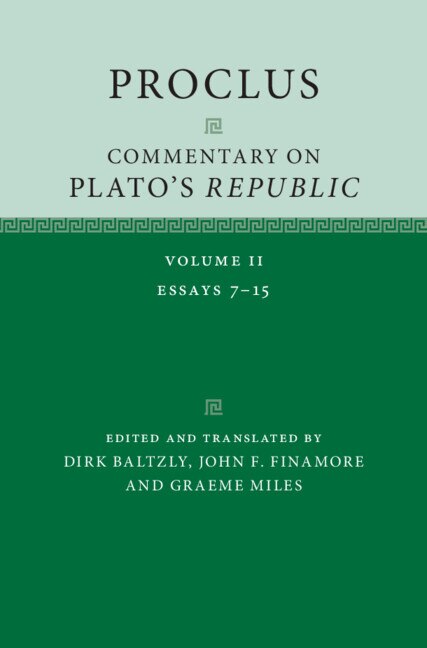Home
The Principle of Non-contradiction in Plato's Republic by Laurence Bloom, Hardcover | Indigo Chapters
Loading Inventory...
Indigo
The Principle of Non-contradiction in Plato's Republic by Laurence Bloom, Hardcover | Indigo Chapters
From Laurence Bloom
Current price: $168.00
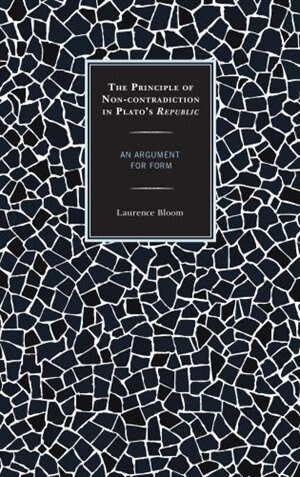

Indigo
The Principle of Non-contradiction in Plato's Republic by Laurence Bloom, Hardcover | Indigo Chapters
From Laurence Bloom
Current price: $168.00
Loading Inventory...
Size: 0.88 x 9.79 x 1.16
*Product information may vary - to confirm product availability, pricing, shipping and return information please contact Indigo
Plato's formulation of the Principle of Non-contradiction (PNC) in Republic IV is the first full statement of the principle in western philosophy. His use of the principle might seem to suggest that he endorses the PNC. After all, how could one possibly deny so fundamental a principle-especially when it seems difficult to deny it without relying on it. However, the endorsement in the text is qualified. Socrates refers to the principle as one that he and his interlocutors will hypothesize and warns that if it should ever be shown to be false, all that follows from it will also be refuted. Scholars who have noticed this issue have tended to assume that the truth of the hypothesis in question can be guaranteed. Laurence Bloom argues against unthinkingly accepting this claim. He suggests that what emerges from the text is more sophisticated: Plato's concession that the PNC is hypothetical is a textual clue pointing us to a complex philosophical argument that grounds the PNC, as well as the sort of reasoning it grounds, in form. Indeed, in framing the problem in this way, we can read the Republic as providing an extended argument for form. The argument for forms that emerges is complex and difficult. It is not and cannot be a normal, discursive argument. Indeed, the argument cannot even be one that assumes the PNC; if it did so, it would fall prey to a vicious circularity. Rather, the argument rests on the very possibility of our hypothesizing the PNC in the first place. Our ability to hypothesize the PNC-and perhaps our inability not to hypothesize it-is the linchpin. When we ask questions such as "to what objects does the PNC apply?" or "how is it possible that we apply the PNC?," we are asking questions that lead us to the existence of form. The Principle of Non-contradiction in Plato's Republic also explores the soul of the knower-the very entity to which and by which the principle is applied in the text-and its underlying unity. | The Principle of Non-contradiction in Plato's Republic by Laurence Bloom, Hardcover | Indigo Chapters

